AO Edited
Newberry Caldera
Atop an active stratovolcano, two lakes separated by a narrow strip of land.
Maybe you’ve heard about Oregon’s dazzling Crater Lake, the deepest lake in the United States. Well, if you like a crater with a lake in it, how about two lakes in one crater? Just northeast of Crater Lake is Newberry National Volcanic Monument. Its East Lake and Paulina Lake share a volcanic rim, and are within a few hours’ drive of a certain singular lake and its dormant volcano.
The Newberry Volcano is an active stratovolcano, the largest in the Cascade Volcanic Arc. A large, cauldron-shaped caldera at its summit where the lakes are found formed after a massive eruption about 75,000 years ago. Paulina Lake is the larger of the two, covering an area of 1,530 acres with a maximum depth of 250 feet. A narrow strip of land separates it from East Lake, which measures approximately 1,050 acres, and a maximum depth of 180 feet. In addition to camping, hiking, fishing, and other classic lake activities, the area features geothermal hot springs (accessible by hiking), an ice cave accessible by road, and a massive obsidian flow with a boardwalk observation area.
The Newberry Volcano has been active for hundreds of thousands of years, with its most recent eruption occurring some 1,300 years ago. It has been a locale of human habitation for a contested but decidedly large span of time, with the obsidian flow being identified as the probable source of most volcanic glass used in the Pacific Northwest and even proving trade routes over the Rockies and down the Coast.
Although the flow itself is no longer Cascadia’s premier destination for atlatl supplies, there is some obsidian exposed in the rest of the caldera that is legally permissible for an ambitious visitor to take with them for collecting as a shiny rock (or fighting off giant ground sloths). The volcanic activity at Newberry is responsible for most of the lava flows in Deschutes County, including the Lava Cast Forest, but the most photographable road sign award goes to Lava Butte. (Sounds uncomfortable.)
Know Before You Go
Go after March and before November to avoid deep snow. There will be some snow present even in the summer, in little patches up on the rim and on surrounding mountains and hills, so do not worry that scheduling a more navigable trip will cause you to miss out on the beauty of the Cascades.
Community Contributors
Added by
Edited by
Plan Your Trip
The Atlas Obscura Podcast is Back!



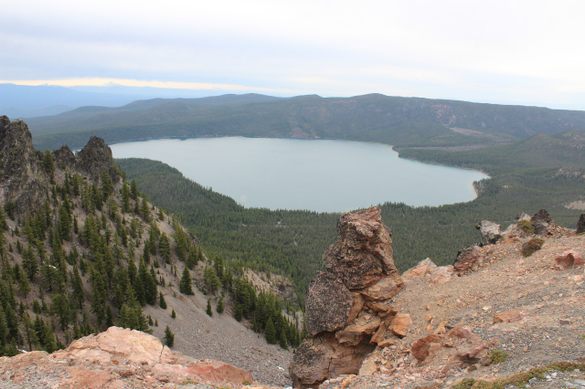
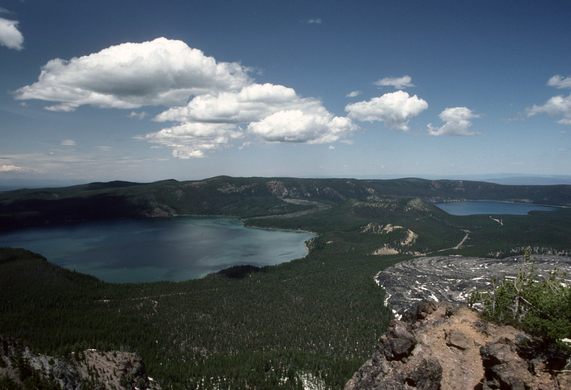
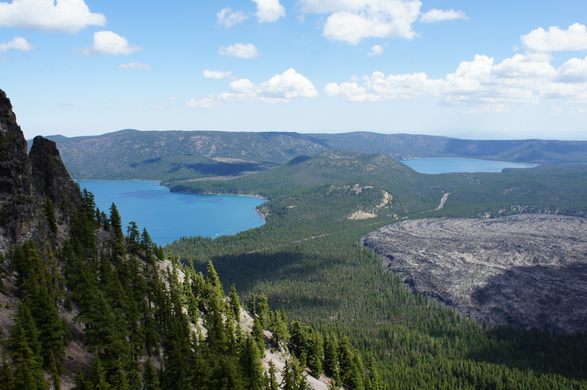
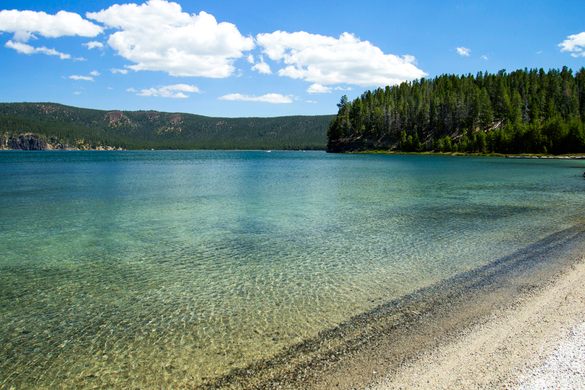
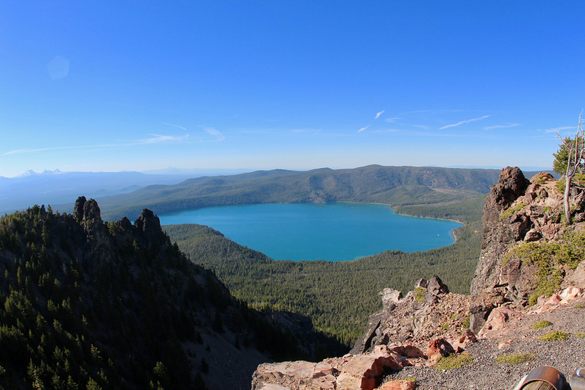
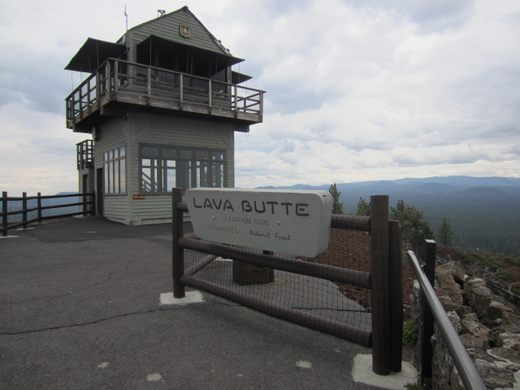

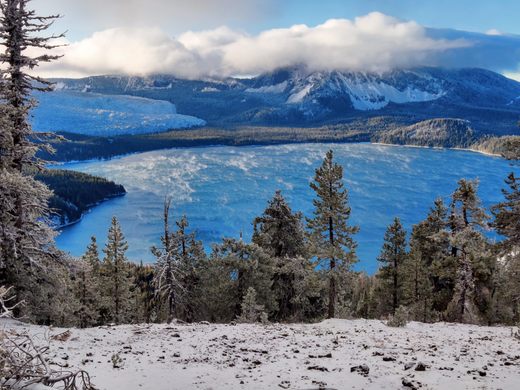











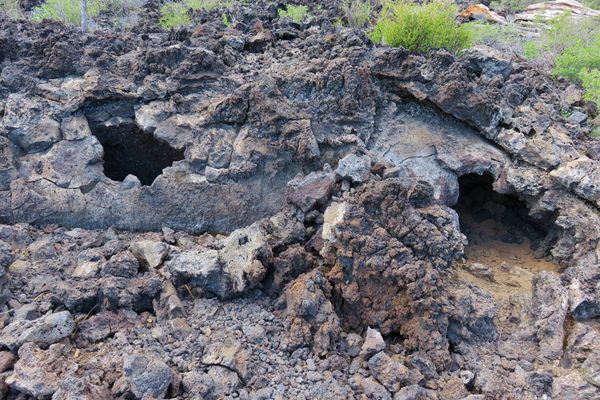

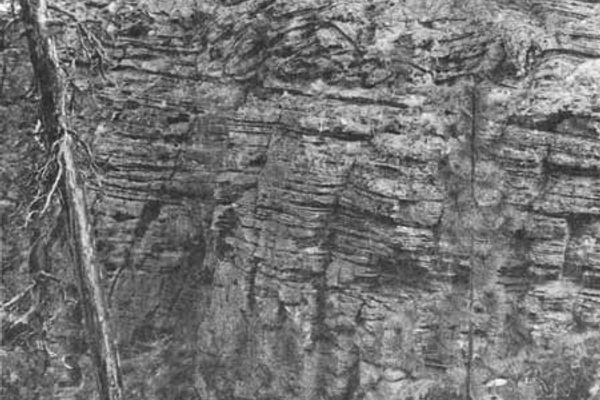


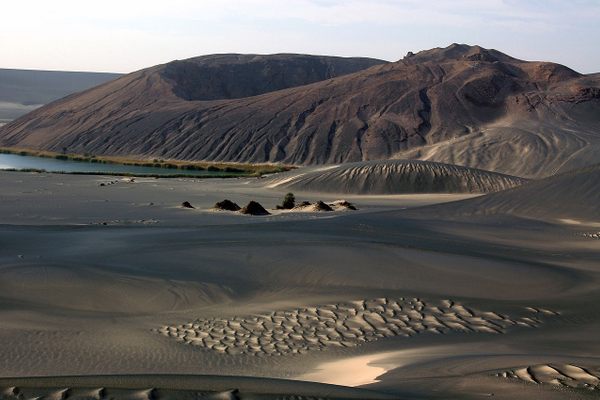
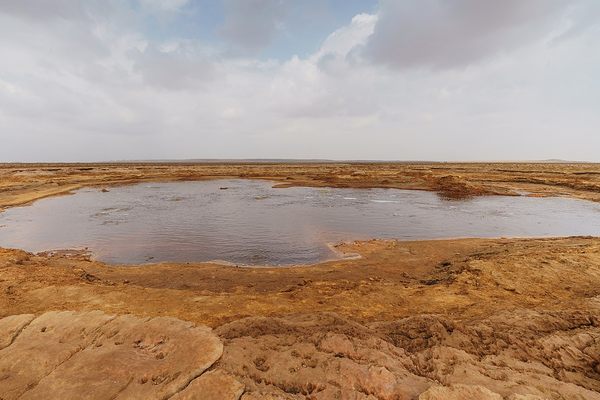


Follow us on Twitter to get the latest on the world's hidden wonders.
Like us on Facebook to get the latest on the world's hidden wonders.
Follow us on Twitter Like us on Facebook